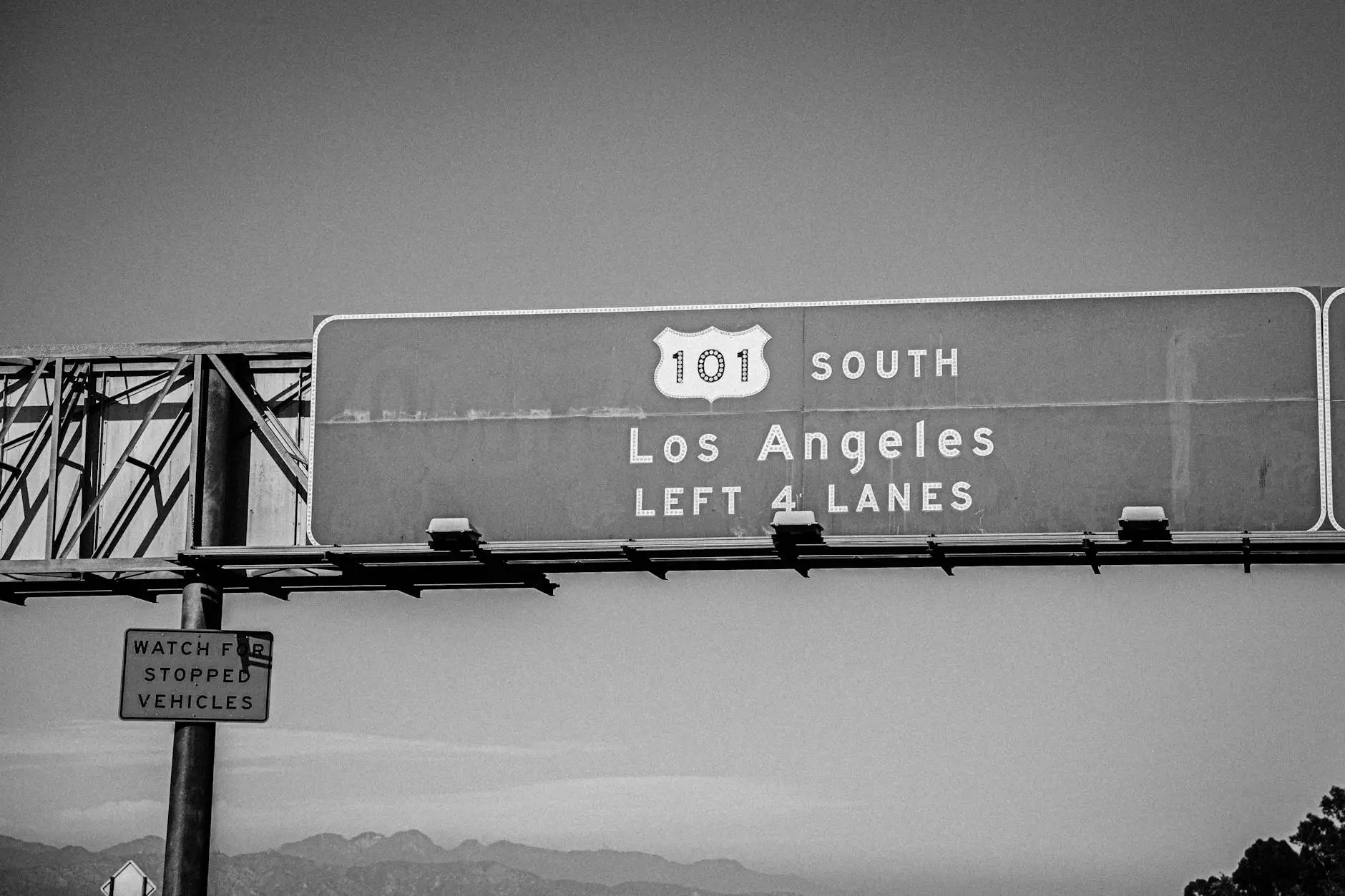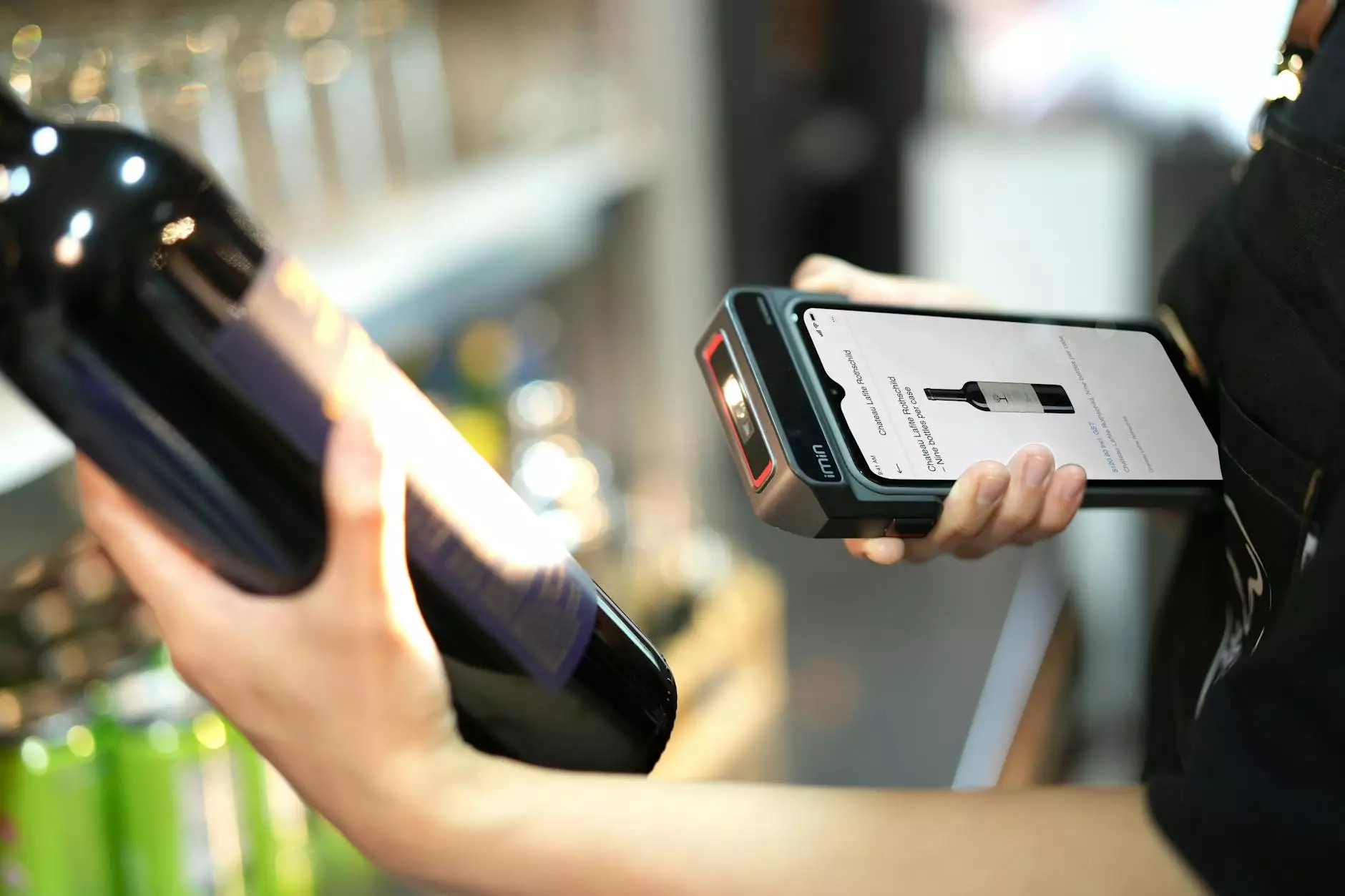The Ultimate Overview of Fast Food Franchise Cost

Entering the world of franchising can be a rewarding venture, especially in the fast food industry, which has shown consistent growth over the years. If you’re considering becoming a franchisee, understanding the fast food franchise cost is pivotal to your success. This article will delve deep into the various costs associated with owning a fast food franchise, the factors that affect these costs, and why investing in a franchise can be an excellent opportunity for aspiring entrepreneurs.
What is a Fast Food Franchise?
A fast food franchise is a lucrative business model that allows individuals to operate a restaurant under an established brand. Franchisees pay for the right to use the brand's name, along with its operational systems and marketing resources. This franchise model has gained immense popularity due to its potential for profitability, brand recognition, and support from franchisors.
Understanding Fast Food Franchise Costs
When analyzing the fast food franchise cost, there are several critical components to consider. Here’s a detailed breakdown:
1. Initial Franchise Fee
The initial franchise fee is a one-time payment made to the franchisor for the right to use their brand and business model. This fee can range significantly based on the company, typically from £10,000 to £50,000. Established brands may charge higher fees due to their market presence and support systems.
2. Startup Costs
Beyond the franchise fee, franchisees must account for startup costs, which can vary widely. Here’s a breakdown of common startup expenses:
- Location Lease or Purchase: Securing a physical location is one of the most significant costs. Depending on the region and real estate market, this could range from £30,000 to £500,000.
- Renovations and Build-Outs: Modifications to fit the brand’s image can also add to costs, typically ranging from £20,000 to £150,000.
- Equipment and Inventory: Kitchen equipment, furniture, and initial inventory usually require an investment of £10,000 to £100,000.
- Marketing and Advertising: Initial marketing to promote the franchise can average around £5,000 to £20,000.
- Miscellaneous Costs: These can include licenses, permits, and other local compliance fees, which can total £1,000 to £10,000.
3. Royalty Fees
Franchisees are typically required to pay ongoing royalty fees, which are a percentage of their gross sales. Most fast food franchises charge 4% to 8% of monthly revenues. Understanding these ongoing costs is crucial for projecting your business’s profitability.
4. Advertising Fees
Many franchisors require contributions to a national advertising fund, usually ranging from 1% to 5% of gross sales. This ensures the brand maintains visibility across various markets.
5. Other Operational Costs
Regular business operations include utilities, staff salaries, insurance, maintenance, and inventory replenishment. Estimating these costs accurately is vital for sustainable financial planning.
What Factors Influence Fast Food Franchise Costs?
Numerous factors can impact the fast food franchise cost. Some of the most significant are:
- Brand Recognition: Established brands typically have higher franchise fees and ongoing costs but may provide better support and customer loyalty.
- Location: Urban locations often incur higher rental costs, while less populated areas may be less expensive but could have lower customer traffic.
- Market Demand: The popularity of the franchise concept can influence costs. Trending brands may command higher fees.
- Competition: The number of competitors in the area can also affect the overall cost and potential profitability of the franchise.
Benefits of Investing in a Fast Food Franchise
Investing in a fast food franchise can come with numerous benefits that make it an attractive option for entrepreneurs:
1. Established Brand Recognition
Starting a business under an established brand allows for immediate recognition in the market. Customers are more likely to trust familiar names, increasing your chances of quick success.
2. Proven Business Model
Franchises come with a proven business model. This makes it easier for new owners as they can follow established processes and guidelines, reducing the risk of failure.
3. Comprehensive Training and Support
Most franchise systems provide robust training programs for new franchisees, which can include operational management, employee training, and customer service techniques. This support helps enhance the chances of success in the business environment.
4. Collective Buying Power
Franchisees can leverage the collective purchasing power of the franchise to obtain better rates on supplies and inventory, effectively reducing overall costs.
5. Marketing Support
Franchisees benefit from national marketing campaigns designed to create brand awareness. Local advertising funds enable franchisees to customize campaigns that target their local market effectively.
Conclusion
Understanding the fast food franchise cost is crucial for anyone considering entering the franchising world. While the initial investment may seem high, the potential rewards offered by an established brand, proven business model, and comprehensive support can lead to substantial financial returns.
For those exploring franchise opportunities, it’s essential to conduct thorough research and assess various fast food franchise options. Whether you’re considering a well-known franchise or an up-and-coming brand, each opportunity presents unique challenges and rewards. With the right approach and proper financial planning, your journey into the fast food franchise industry could lead to success and fulfillment. For more information on current offerings, visit Franchise Local.









